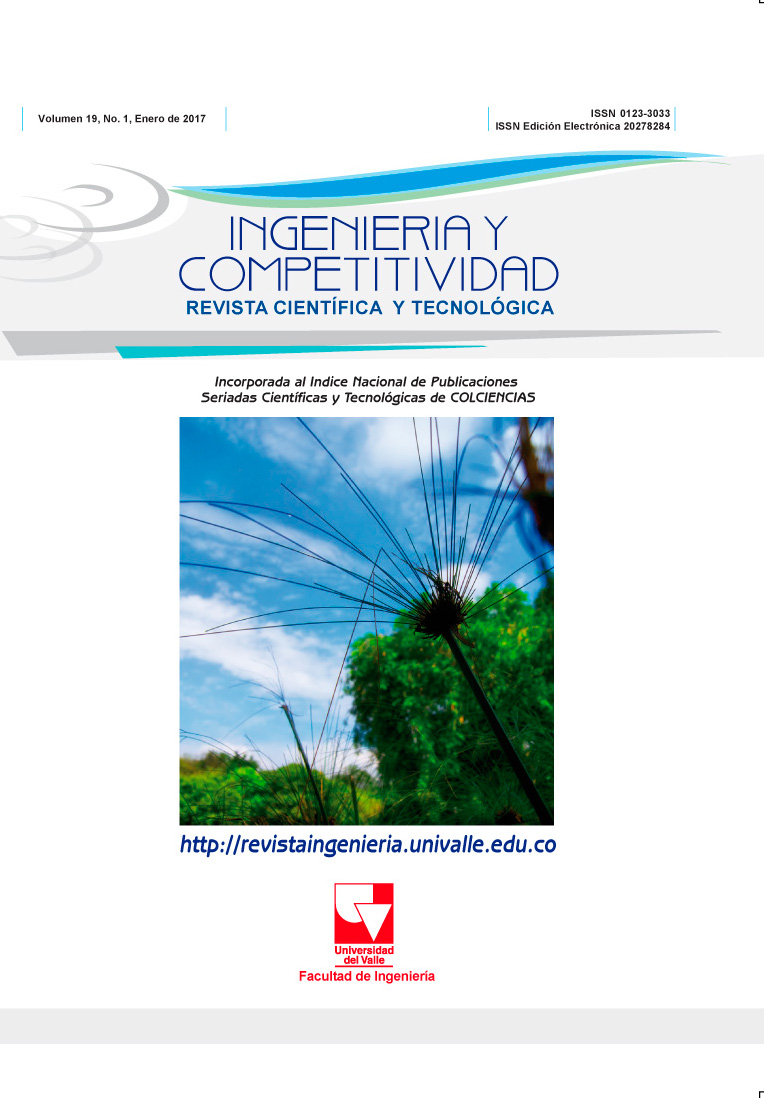Evaluación del programa de excelencia ambiental distrital en el marco de la estrategia fomento de la autogestión de la política de producción sostenible para el distrito capital
Palabras clave:
Muestreo aleatorio, PPSDC, PREAD, producción sostenible, sistemas de gestión ambiental.Contenido principal del artículo
El presente artículo expone la metodología y los resultados obtenidos al evaluar el Programa de Excelencia Ambiental Distrital –
PREAD – programa de la Secretaria Distrital de Ambiente –SDA- que logra alimentar los sistemas de información del distrito respecto
a la industria activa de la ciudad, cuantificar sus impactos ambientales, clasificar sus rendimientos y eficiencias, determinar patrones en el mercado y fomentar la aplicación y mejora de los sistemas de gestión ambiental al interior de las organizaciones, otorgando reconocimientos públicos a las empresas con mejor desempeño ambiental. Dicha evaluación utilizó como base metodológica la Evaluación Ambiental Estratégica – EAE -, herramienta utilizada para el análisis de políticas públicas que toma como eje transversal una mirada ambiental del desarrollo que no está en el alcance de los Estudios de Impacto Ambiental –EIA-, ya que sólo analizan cuantitativamente los aspectos e impactos ambientales y dejan por fuera aspectos políticos y administrativos relacionados con los análisis prospectivos propios de las políticas públicas. Se contempló la evolución del programa en el tiempo, considerando los periodos 2001 a 2003 y 2004 a 2013, se observaron carencias de documentación y seguimiento a la mejora continua y se identificó la percepción del sector empresarial de la ciudad sobre el programa y las instituciones encargadas de su ejecución, a través de un muestreo aleatorio, con el fin de construir herramientas integrales para su mejora y actualización. Finalmente, se estructuran recomendaciones para su aplicación en todas las etapas del programa, teniendo en cuenta la comunicación inter-institucional, el registro documental, control de calidad y los protocolos de comunicación e interacción con los actores objetos del programa y las políticas incluyentes de este.
Downloads
Los autores que publican en esta revista están de acuerdo con los siguientes términos:
Los autores ceden los derechos patrimoniales a la revista y a la Universidad del Valle sobre los manuscritos aceptados, pero podrán hacer los reusos que consideren pertinentes por motivos profesionales, educativos, académicos o científicos, de acuerdo con los términos de la licencia que otorga la revista a todos sus artículos.
Los artículos serán publicados bajo la licencia Creative Commons 4.0 BY-NC-SA (de atribución, no comercial, sin obras derivadas).

